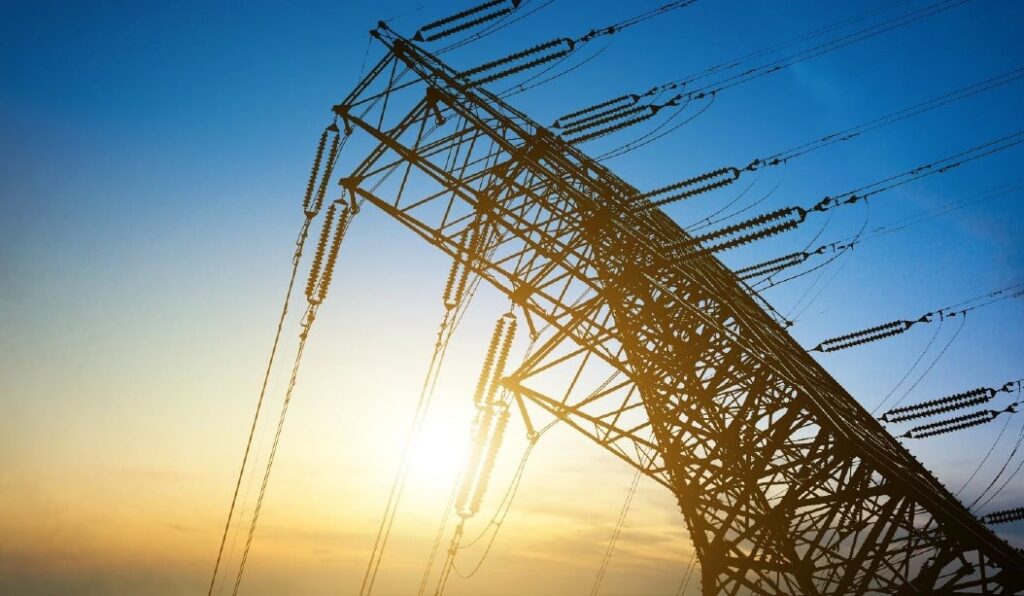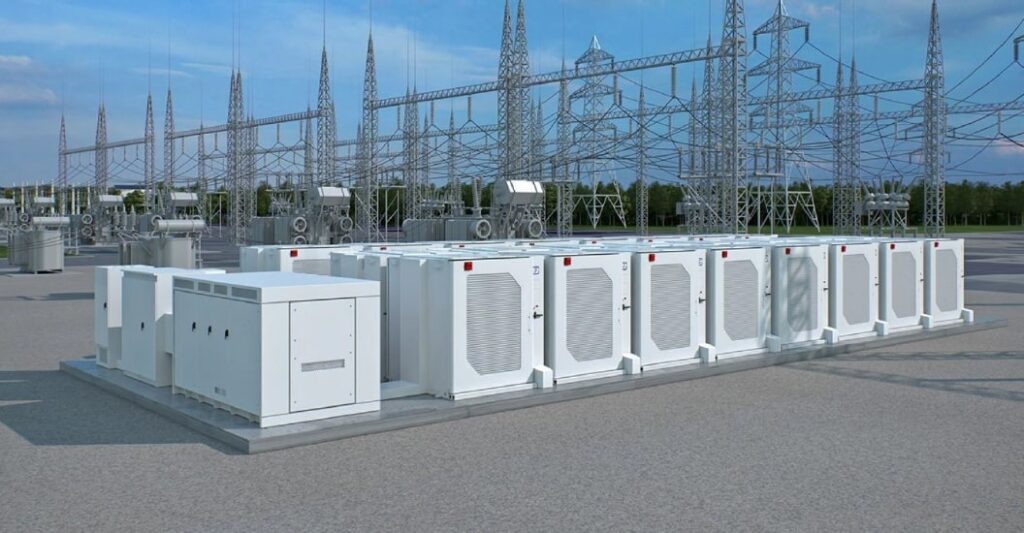Electricity’s value is realized when it’s transmitted and consumed, with the transmission network serving as the conduit for this process. In Nigeria, the national transmission network is government-owned and managed by the Transmission Company of Nigeria (TCN). The TCN had ambitious plans to expand the network’s capacity and infrastructure to accommodate up to 20,000MW by 2022, with a proposed 765KV Super grid requiring a substantial investment of $5 billion. However, these plans have not been successfully realized, leading to frequent grid constraints and system collapses within the Nigerian Electricity Supply Industry (NESI). In 2022 alone, the national grid experienced six collapses, severely impacting Generation Companies (GenCos), resulting in financial losses, underutilization of generation capacities, electricity shortages, and revenue deprivation for GenCos. The challenges underscore the critical need for addressing the persistent issues in Nigeria’s power transmission sector.
Click here to download.



